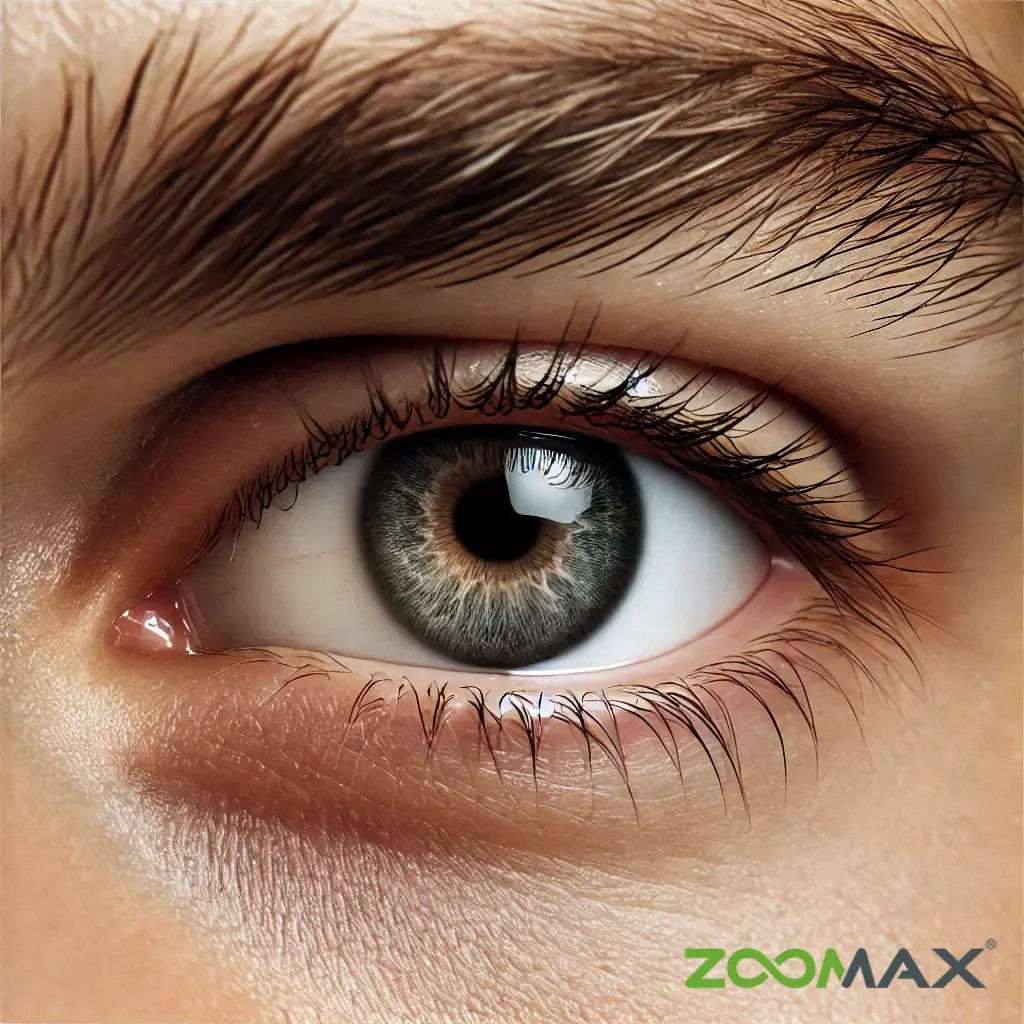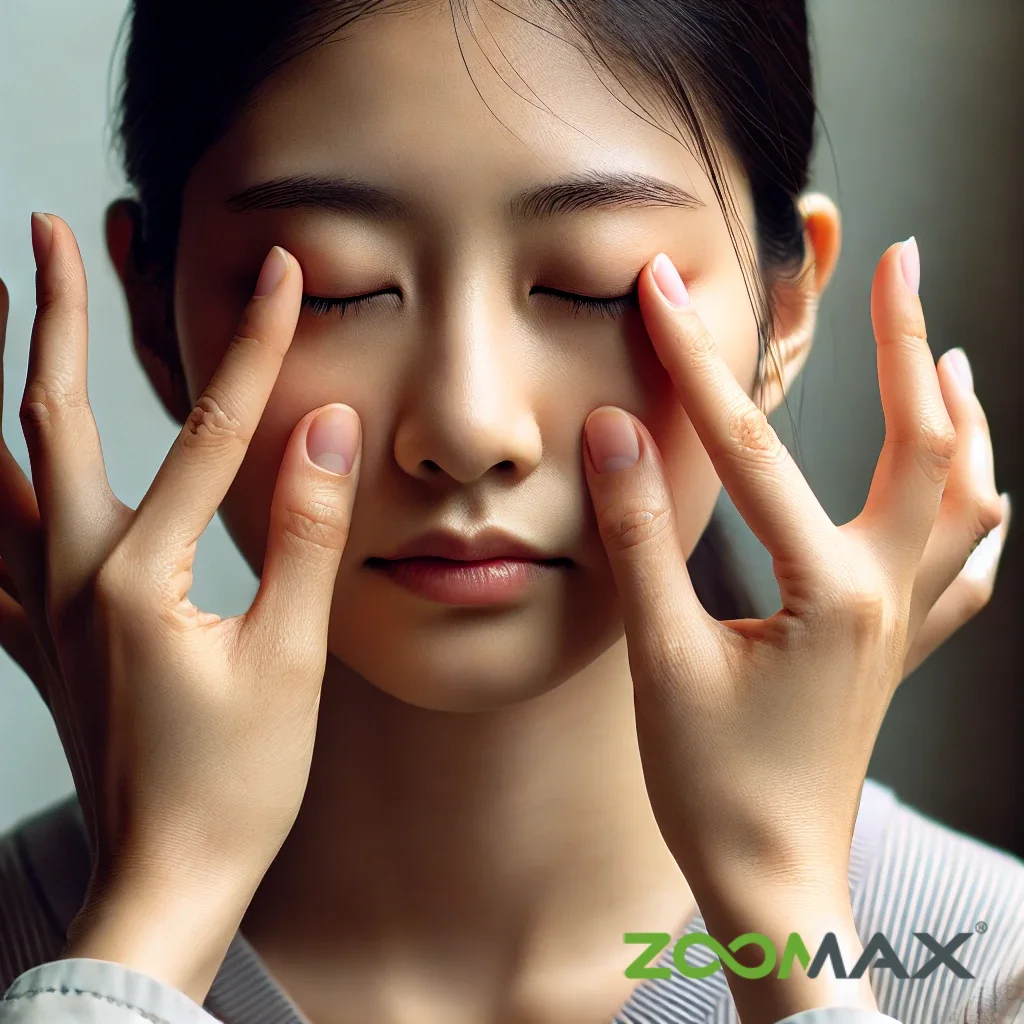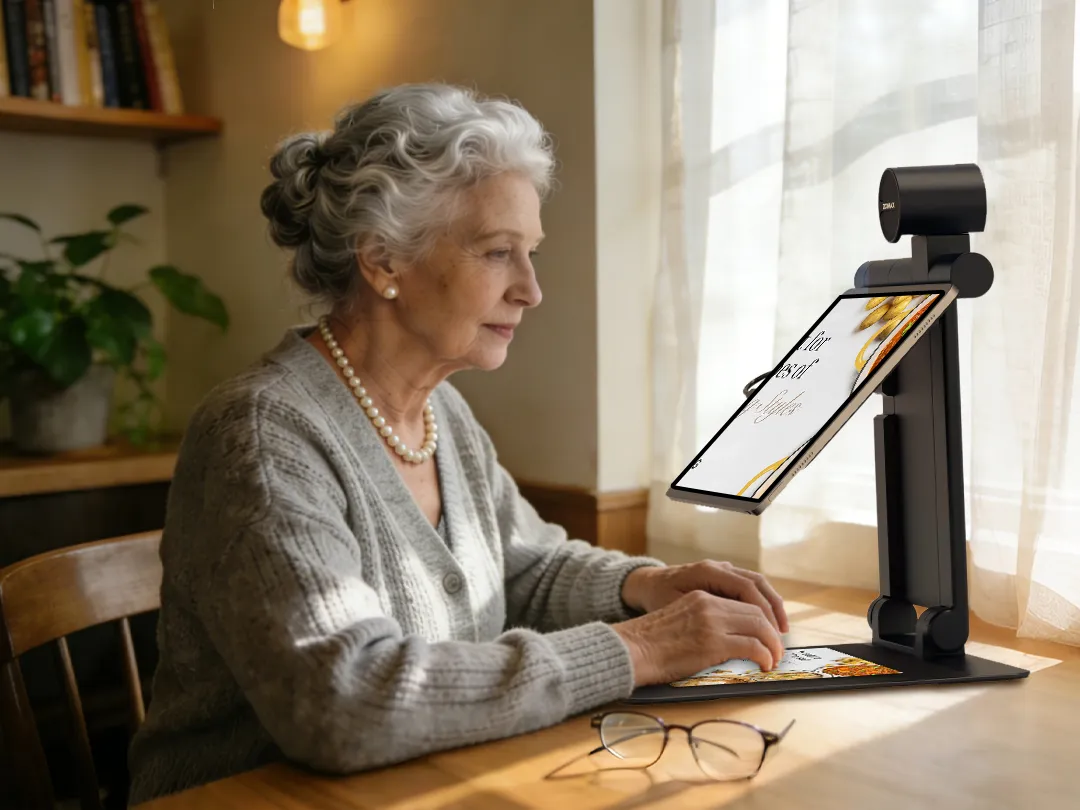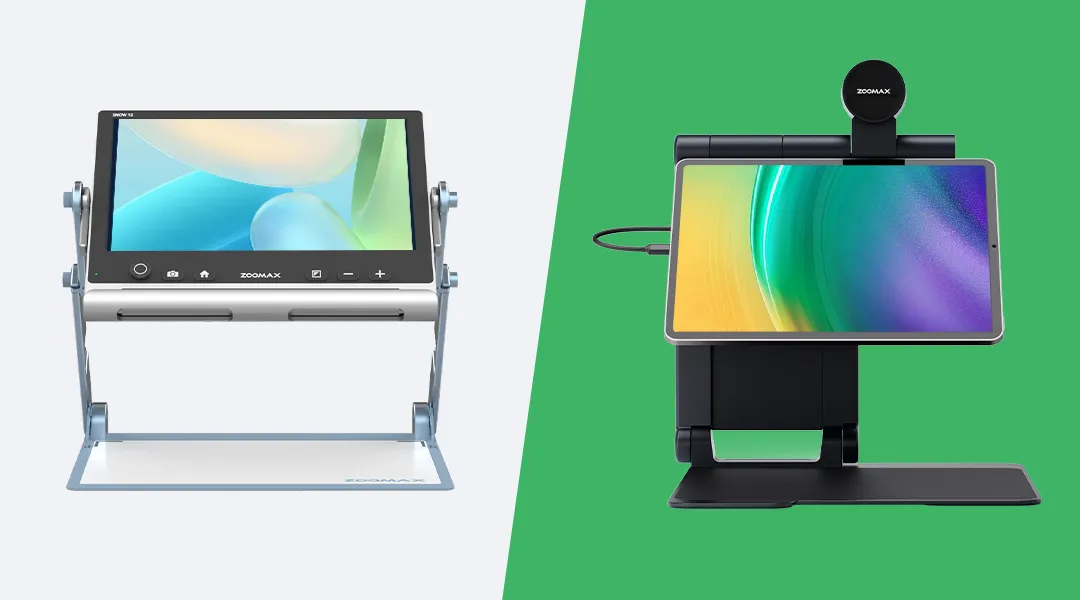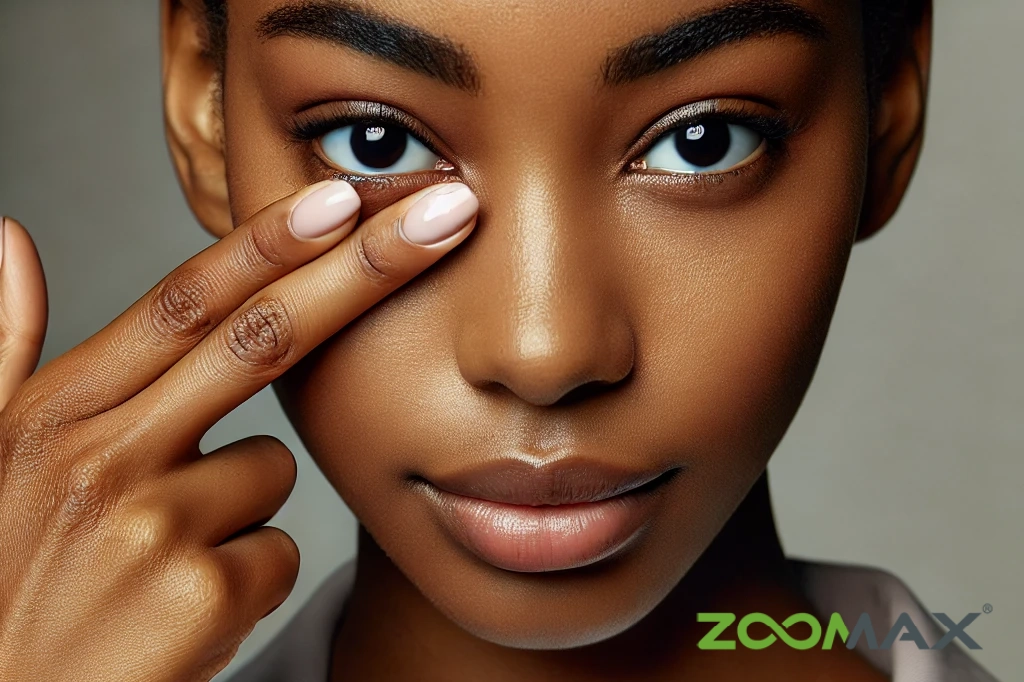 Introduction
Introduction
In today’s digital era, many people are concerned about deteriorating vision. Protecting your eyes and maintaining healthy vision is essential. This article will detail the top 10 best habits to improve vision and the top 10 worst habits that can harm it, providing you with the knowledge to better care for your eyes.
Top 10 Best Habits to Improve Vision
Regular Eye Exercises
Eye exercises, such as the traditional Chinese eye acupressure exercises, help reduce eye strain by massaging points around the eyes. Although this method is popular in China, there are many similar exercises globally that can achieve the same effect. For example, Palming and Focus Change exercises are well-known methods to relax the eyes. For a recommended video on eye exercises, check out below:
Maintain Proper Reading Posture
Proper reading posture plays a significant role in eye health. Ensure that your eyes are at least 30-40 cm away from the book or screen, and that the lighting is sufficient without glare. Research suggests that correct posture can significantly reduce the risk of myopia (Smith & Jones, 2020).
Practice the 20-20-20 Rule
The 20-20-20 rule is a simple yet effective way to prevent eye strain. Every 20 minutes, look at something 20 feet (about 6 meters) away for at least 20 seconds. This practice helps alleviate eye muscle tension and prevents eye fatigue (American Academy of Ophthalmology, 2023).
Incorporate Vitamin A and Beta-Carotene-Rich Foods into Your Diet
Vitamin A is crucial for eye health, helping prevent night blindness and dry eyes. Foods like carrots, kale, and spinach are rich in beta-carotene, which supports vision. According to the National Eye Institute, a balanced diet is vital for maintaining eye health (National Eye Institute, 2022).
Get Adequate Sleep
Lack of sleep can lead to dry eyes and blurred vision. Studies show that sufficient sleep allows the eyes to recover and reduces eye fatigue (Johnston & Evans, 2019).
Engage in Outdoor Activities
Spending at least an hour outdoors daily can relax your eyes and reduce the risk of myopia, especially in children and teenagers. According to the World Health Organization, outdoor activities are crucial for children’s eye health (World Health Organization, 2023).
Avoid Overusing Your Eyes
Prolonged screen time or detailed work can cause excessive eye strain. It’s essential to take regular breaks, relax your eyes, or even close them for a few moments (Chiu & Li, 2021).
Get Regular Eye Checkups
Regular eye exams can detect vision problems early, preventing them from worsening. The American Academy of Ophthalmology recommends at least one comprehensive eye exam annually (American Academy of Ophthalmology, 2023).
Wear Corrective Glasses
If you have myopia, hyperopia, or astigmatism, wearing the right glasses can reduce the strain on your eyes. Incorrect prescriptions can lead to further vision deterioration (Jackson & Lee, 2020).
Reduce Blue Light Exposure
Blue light from screens can harm your eyes. Using blue light filters or blue light-blocking glasses can protect your retina from damage. The College of Optometrists found that reducing blue light exposure significantly benefits eye health (College of Optometrists, 2023).
Top 10 Worst Habits That Damage Vision
Prolonged Screen Time
Excessive use of digital devices leads to eye strain, dryness, and blurred vision. The National Eye Institute associates excessive screen time with declining vision (National Eye Institute, 2022).
Reading in Dim Light
Reading in low light can overstrain your eyes, leading to worsening myopia over time. The College of Optometrists recommends reading in well-lit environments (College of Optometrists, 2023).
Using Your Phone Before Bed
Using your phone before sleeping affects not only your sleep quality but also your vision due to the blue light emitted by screens. Blue light inhibits melatonin production, disrupting sleep (Stevenson & Wong, 2019).
Ignoring Eye Discomfort
Ignoring symptoms such as dry eyes or pain can lead to more severe conditions, such as dry eye syndrome or glaucoma (Huang & Patel, 2020).
 Not Wearing Sunglasses
Not Wearing Sunglasses
Ultraviolet rays from sunlight can damage your eyes, particularly with prolonged exposure. Wearing sunglasses outdoors can protect against UV rays, as recommended by the World Health Organization (World Health Organization, 2023).
Lack of Sleep
Regular sleep deprivation can cause chronic eye fatigue and lead to vision issues. Studies link lack of sleep to dry eye syndrome and blurred vision (Chiu & Li, 2021).
Rubbing Your Eyes
Rubbing your eyes can lead to infections and worsen discomfort. The American Academy of Ophthalmology advises against rubbing and recommends using eye drops instead (American Academy of Ophthalmology, 2023).
Poor Diet
Your eyes rely on a balanced diet for essential nutrients. A lack of key vitamins can negatively affect your vision. The National Eye Institute emphasizes the importance of a nutrient-rich diet in preventing vision loss (National Eye Institute, 2022).
 Overusing Contact Lenses
Overusing Contact Lenses
Wearing contact lenses for too long, especially overnight, can lead to corneal oxygen deprivation and increase the risk of infections. The College of Optometrists recommends limiting contact lens wear time (College of Optometrists, 2023).
Skipping Regular Eye Exams
Regular eye exams are vital for preventing vision issues. Skipping these exams can allow problems to worsen undetected (American Academy of Ophthalmology, 2023).
Conclusion
Protecting your vision involves avoiding harmful habits and adopting healthy eye care practices. By following the recommendations outlined in this article, you can improve your vision and maintain eye health.
FAQ
1. What is the “20-20-20” rule, and how can I apply it to protect my vision? The 20-20-20 rule is a simple method to protect your eyes. Every 20 minutes of screen time, focus on an object 20 feet (about 6 meters) away for 20 seconds. This helps alleviate eye strain and is highly recommended by eye health professionals.
2. Are eye exercises effective for everyone? Can foreigners try them? Eye exercises, like palming and focus change, can be beneficial for anyone experiencing eye strain. While traditional Chinese eye acupressure exercises may be less familiar outside China, many similar methods are popular worldwide. For English instructions, refer to the videos linked above.
3. Do I need to wear blue light-blocking glasses every day? Are they effective? Blue light-blocking glasses can reduce eye strain from prolonged screen exposure. While the effectiveness may vary, many studies support their use for protecting eye health, especially if you spend long hours in front of screens.
References:
- American Academy of Ophthalmology. (2023). Protecting your vision. https://www.aao.org
- Chiu, Y. & Li, W. (2021). Eye health in the digital age: Reducing screen time for better vision. Journal of Ophthalmology, 15(2), 45-53.
- College of Optometrists. (2023). Guidelines for eye health. https://www.college-optometrists.org
- Huang, J. & Patel, D. (2020). Understanding eye discomfort: Early signs and treatment. Clinical Eye Care Journal, 12(3), 101-110.
- Jackson, P. & Lee, M. (2020). The importance of wearing the right prescription glasses. Vision Health Journal, 17(1), 30-34.
- Johnston, R. & Evans, L. (2019). The effects of sleep on eye health. Sleep Medicine, 22(1), 90-97.
- National Eye Institute. (2022). Nutrition and vision. https://www.nei.nih.gov
- Smith, J., & Jones, P. (2020). Correct reading posture and its effects on vision. Optometry Today, 34(2), 23-28.
- Stevenson, M. & Wong, Y. (2019). Impact of blue light on sleep and eye health. Light and Vision Research, 11(2), 55-61.
- World Health Organization. (2023). Outdoor activities and children’s vision health. https://www.who.int

